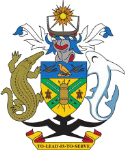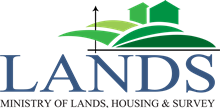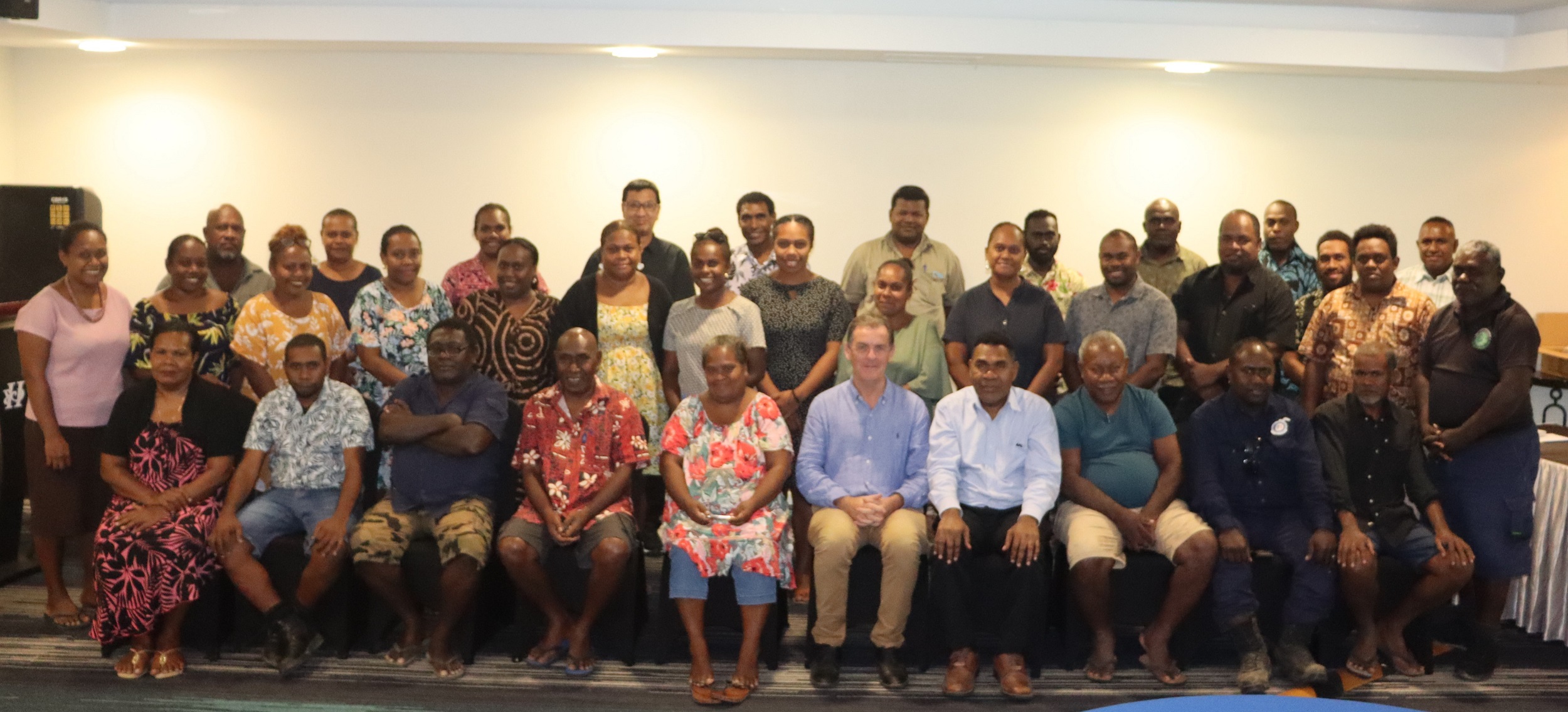A three days Land Valuers workshop organised by the Ministry of Lands, Housing and Survey (MLHS) with financial support of the Australian Government commenced today - gathering qualified Valuers from across all Provinces.
The workshop is aimed at drawing out and determining the general unimproved land values for the rest of the country, based on the price any average willing buyer and seller would agree upon as a transfer price for unimproved land.
Co-facilitated by the Commissioner of Lands Alan McNeil and Valuer General Helena Joyce Siosi, the workshop followed on from a similar workshop in 2020 with participants examining maps and determining what they believe to be fair land value across the country.
The workshop provides an avenue for valuers to share data and relevant information they have on land values and land sales outside of Honiara.
Currently, there is still no official Valuer General-approved valuation map or roll for the rest of the country outside Honiara.
Commissioner of Lands, Alan McNeil said the Land & Titles Act sets out the requirement for a valuation roll for Solomon Islands and besides being a legal obligation, it is a basis for the setting of land rents and property rates and any other applicable taxes.
He highlighted that a valuation roll has two main benefits.
First, a valuation roll provides a benchmark to measure against when potential land sales arise. The valuation roll provides guidance to potential buyers and sellers on how much similar land areas are sold for around the country. As such, the valuation roll reduces the uncertainty and risk around land purchases.
Second, a valuation roll is the basis for determining land premiums and annual rents. The Land Board sets premiums and land rents as a percentage of the unimproved land value. Land rents are rarely ever reviewed due to the lack of a valuation roll. In some cases, land rents have never been imposed on Fixed Term Estate holders. A valuation roll will serve as a basis to set and review land rents for entire neighborhoods, towns and provinces, rather than on an ad-hoc basis.
This week’s workshop draws on from the 2020 version where participants worked in teams to examine zoning maps of Provinces to determine the varying unimproved land values of each area based on the shared knowledge and experience of valuers.
Permanent Secretary, Stanley Waleanisia expressed gratitude to the Australian Government for its funding support to enable the Ministry to host the vital workshop.
“Please convey our appreciation to the Government and people of Australia for this immense funding which enables the Ministry to convene this workshop,” Waleanisia said.
The workshop concludes Thursday this week.
ENDS///


